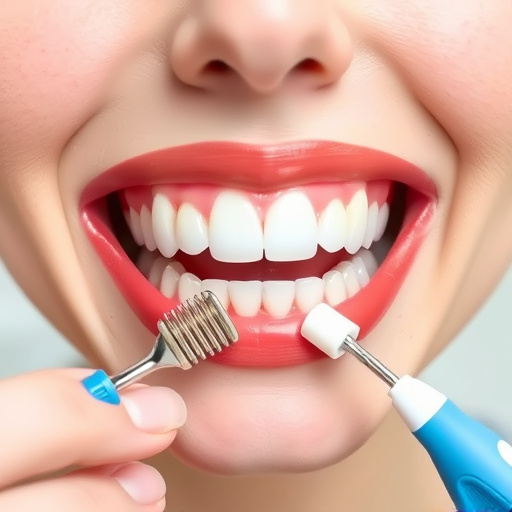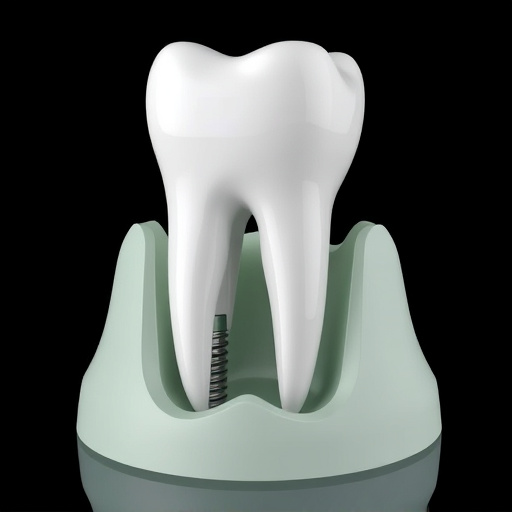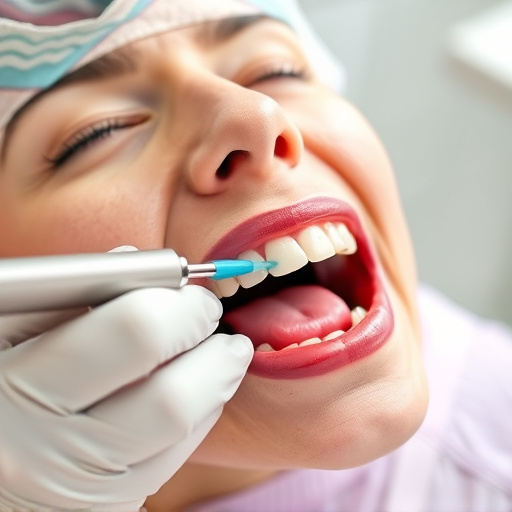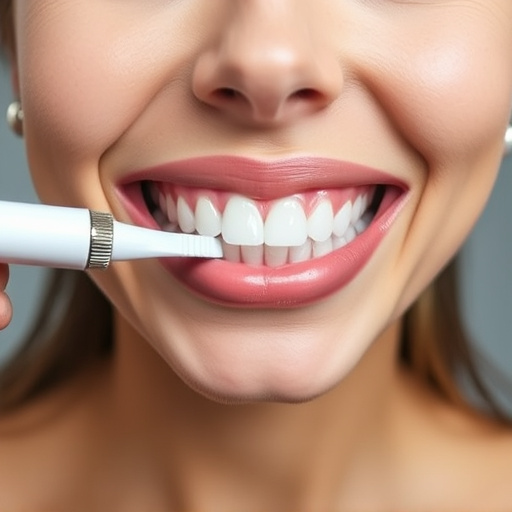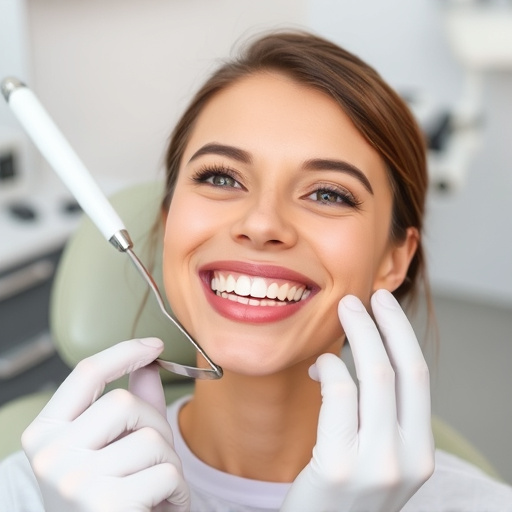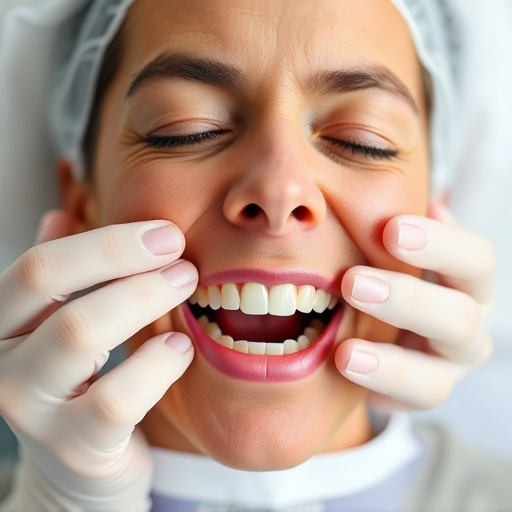Optimal dental health maintenance relies on consistent daily habits: brushing with proper technique to remove plaque and food debris, flossing between teeth and along the gum line, and regular dentist check-ups for early issue detection. These practices prevent cavities, gum disease, and costly emergency dental care, ensuring overall oral health.
Maintaining optimal dental health is not just about a beautiful smile; it’s a key component of overall well-being and can save you from expensive treatments down the line. This article explores three fundamental practices for dental health maintenance: brushing twice daily, flossing regularly, and scheduling routine check-ups. By adopting these simple yet effective habits, you can prevent common oral issues, reduce the need for costly procedures, and promote long-term oral health.
- Brush Twice Daily: Laying the Foundation
- Floss Regularly: Reaching Hard-to-Reach Spots
- Regular Check-ups: Catching Issues Early
Brush Twice Daily: Laying the Foundation
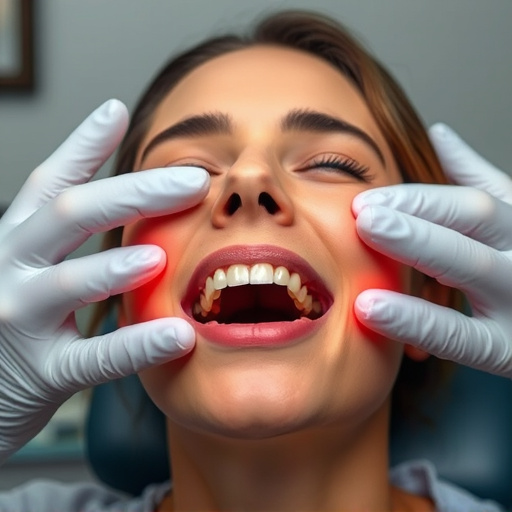
Maintaining optimal dental health is a daily commitment that serves as the cornerstone of any comprehensive dental care regimen. Among the most fundamental practices in this pursuit is regular brushing, especially when paired with proper technique. Brushing twice a day effectively removes plaque buildup and food debris, preventing them from hardening into tartar, which can only be eliminated during professional dental cleanings.
This simple yet powerful habit sets the stage for overall oral wellness. By removing potential irritants and acids that weaken tooth enamel, brushing supports the natural defenses of your teeth and gums. Consequently, it reduces the risk of cavities, gum disease, and other costly dental issues that often require procedures like cosmetic fillings or extensive treatments.
Floss Regularly: Reaching Hard-to-Reach Spots
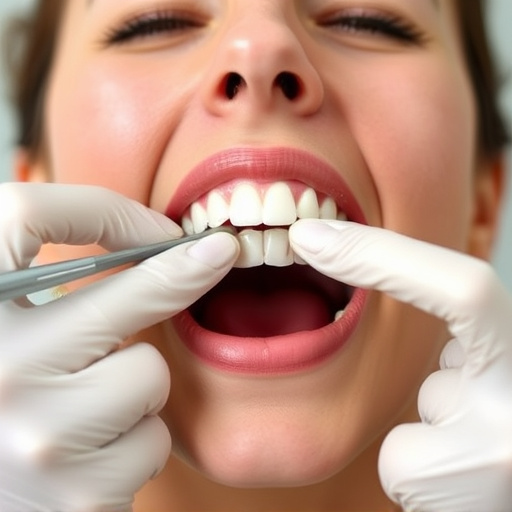
Regular flossing is a fundamental aspect of dental health maintenance. It’s a simple yet powerful tool that helps remove plaque and food particles from hard-to-reach spots between your teeth and along the gum line. Plaque, if left undisturbed, can harden into tartar, contributing to various dental issues like gingivitis and periodontitis—problems that often require costly emergency dental care.
Flossing allows you to reach areas that brushing alone can’t access. It’s especially important for those with tight spaces between their teeth or for individuals navigating the complexities of wisdom tooth removal. Even if you’re using other oral hygiene tools like clear aligners, flossing remains a crucial step in your daily routine to prevent plaque buildup and maintain optimal dental health.
Regular Check-ups: Catching Issues Early
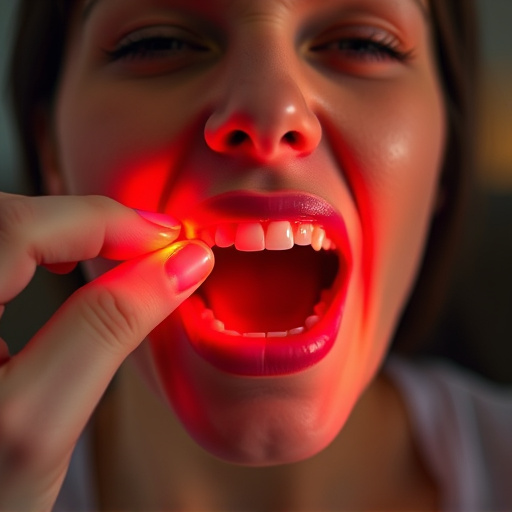
Regular check-ups are a cornerstone of dental health maintenance. By scheduling routine oral exams at your dentist’s office, you’re taking a proactive approach to prevent potential issues from becoming expensive treatments down the line. Early detection is key; many common dental problems, such as cavities or gum disease, often show no symptoms in their early stages. However, during a preventive dentistry routine, your dentist can identify these subtle signs and provide appropriate treatment before they escalate.
These check-ups allow for thorough cleaning and examination, addressing plaque buildup and checking for any abnormalities. Moreover, they offer an opportunity to discuss any concerns or changes in your oral health. Remember, regular visits can save you from more complex (and costly) procedures later on, including those related to dental implants, which are a significant investment but often necessary when extensive damage occurs due to neglect or advanced decay.
Maintaining good dental health is not just about keeping your smile beautiful; it’s a proactive approach that saves you money in the long run. By adopting simple habits like brushing twice daily, flossing regularly, and scheduling routine check-ups, you can prevent costly dental treatments. These practices ensure that potential issues are caught early, making them easier and less expensive to resolve. So, invest in your oral care—it’s an investment in your overall well-being and financial stability.
